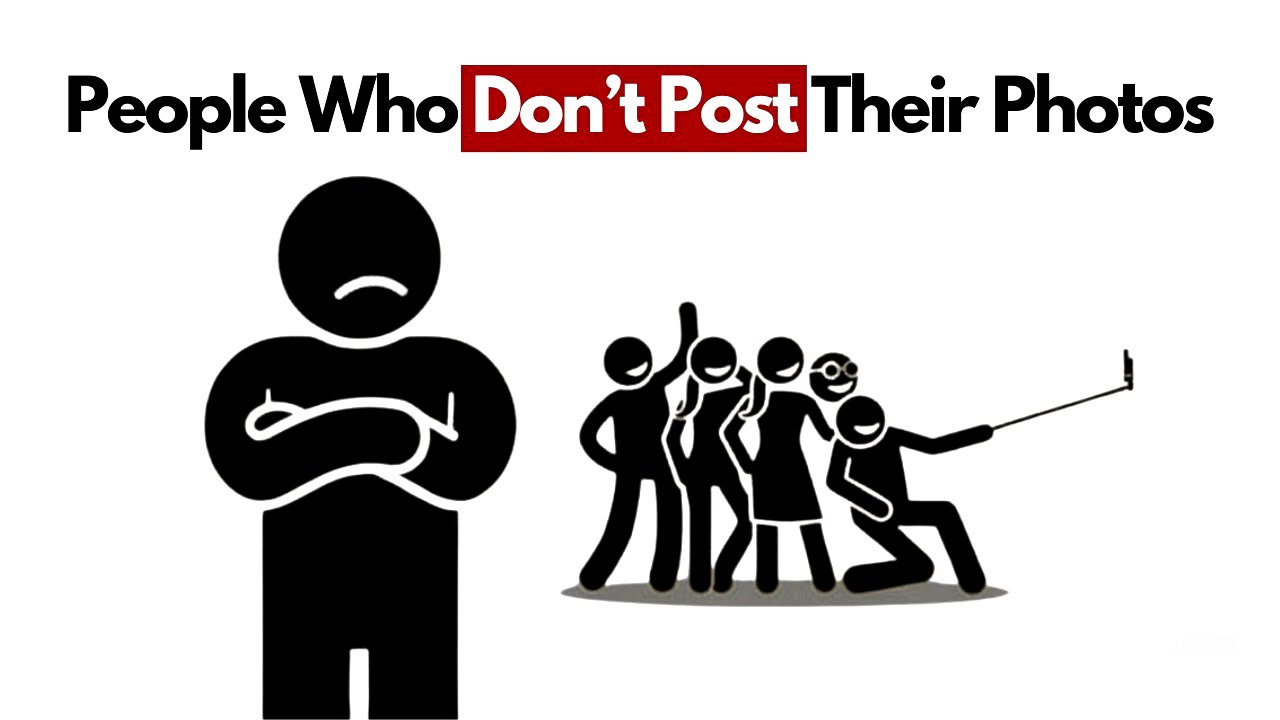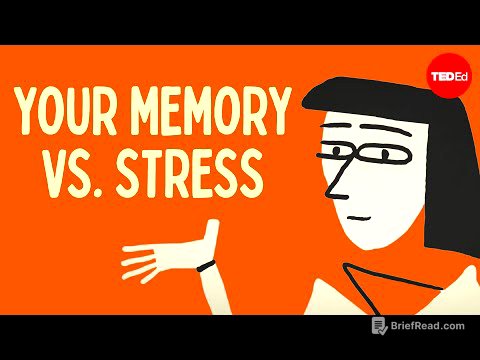TLDR;
This video explores the psychology behind individuals who choose not to post pictures on social media. It suggests that this behavior often indicates a preference for privacy, strong self-awareness, emotional security, a tendency towards deep thinking, and an understanding of the deceptive nature of social media. These individuals prioritize self-validation and mental well-being over external approval and social comparison.
- Prioritization of privacy and mental space over seeking popularity through social media.
- Possession of strong self-awareness and internal validation, making them less susceptible to social trends and comparisons.
- Demonstration of emotional security and self-esteem that doesn't rely on external attention or validation.
- Inclination towards deep thinking, introspection, and authentic conversations rather than superficial online interactions.
- Recognition of the digital illusion and the negative impact of social comparison on mental health.
Intro [0:00]
The video introduces the concept of individuals who abstain from posting pictures on social media, contrasting their behavior with the attention-driven nature of the online world. It posits that this behavior is not random but rather indicative of specific psychological traits related to confidence, mindset, and emotional intelligence. The video aims to explore the underlying reasons behind this choice.
Privacy over popularity [0:24]
People who rarely post pictures often prioritize privacy, valuing control over their public image and mental space. They aren't necessarily antisocial but are selective about what they share. Instead of seeking validation through likes and comments, they rely on self-validation, indicating inner security and contentment without the need for external affirmation.
Strong self-awareness [0:54]
Individuals who share less online typically possess a strong sense of self-awareness. They have a clear understanding of their values and goals, making them less prone to chasing trends or comparing themselves to others. Their happiness stems from within, independent of external reactions or social media validation.
Emotional security and inner confidence [1:20]
Choosing not to post frequently is often associated with secure self-esteem, a form of confidence that doesn't require external attention. These individuals don't feel the need to prove their worth through selfies because they already feel complete and secure in themselves. This emotional balance leads to reduced anxiety, less approval-seeking behavior, and a greater focus on real-world goals.
Deep thinkers vs. online performers [1:46]
People who maintain a quiet online presence are often more introspective and thoughtful. They carefully consider their words and only post when they have something meaningful to share. This behavior stems from an internal locus of evaluation, where they judge themselves based on their own standards rather than those of others, preferring genuine conversations over superficial online interactions.
The digital illusion and social comparison [2:14]
Many individuals who don't post understand how social media can distort reality. They are aware of social comparison theory, where people constantly measure their self-worth against curated highlight reels. By maintaining a low profile, they protect their mental health from the negative effects of this endless comparison cycle, choosing peace of mind over the pressure to perform online.
Final Thoughts [2:36]
The video concludes by suggesting that those who don't post pictures may be grounded, emotionally intelligent, and self-aware. They don't need external validation to feel seen or worthy, which is a sign of true confidence. The video encourages viewers to appreciate the depth and self-assurance of these individuals, rather than assuming they are simply shy or antisocial.









